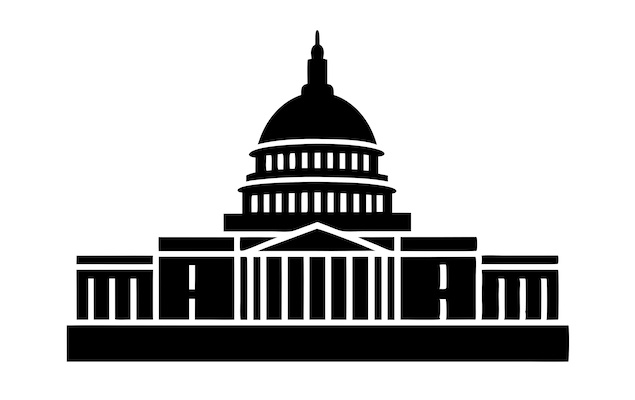3 things you missed in government this week
Budget reconciliation, pass-through entity tax, student loans

“Three Things You Missed in Government This Week” is designed to offer a way to stay informed on the topics of the week. These updates are meant to offer brief details on legislative or regulatory topics to keep dentists engaged and up to date. To explore the ADA’s latest advocacy efforts, more information is available at ADA.org/Advocacy.
1. Senate Republicans narrowly passed President Donald Trump’s budget reconciliation bill on July 1 after more than 26 hours of debate. The legislation, known as the One Big Beautiful Bill Act, H.R. 1, passed on a 51-50 vote, with three Republicans and all Democrats voting against final passage and Vice President JD Vance breaking the tie. The U.S. House of Representatives then passed the legislation July 3 in a vote of 218-214, with two Republicans joining every Democrat in voting against the bill. It now heads to Mr. Trump’s desk for final signature.
2. The ADA sent an Advocacy Update to membership on the Senate’s passage of H.R. 1, outlining both the Association’s wins and remaining challenges in the bill. These include a major win with the full restoration of the pass-through entity tax deduction and other favorable tax provisions for dental practices such as a permanent 20% small business income deduction, a restoration of full bonus depreciation, new domestic research deductions and a 21% corporate tax rate. The bill also includes challenges for dental education, such as the elimination of the GradPLUS loan program, a reduction to two loan repayment options and proposed aid caps.
3. The ADA expressed support for legislation that would restore need-based eligibility for graduate and professional students to receive Federal Direct Subsidized Stafford Loans, eligibility that was eliminated in 2012. The Protecting Our Students by Terminating Graduate Rates that Add Debt Act, known as the POST GRAD Act, was recently reintroduced in Congress to restore a previously available benefit under the Higher Education Act.



